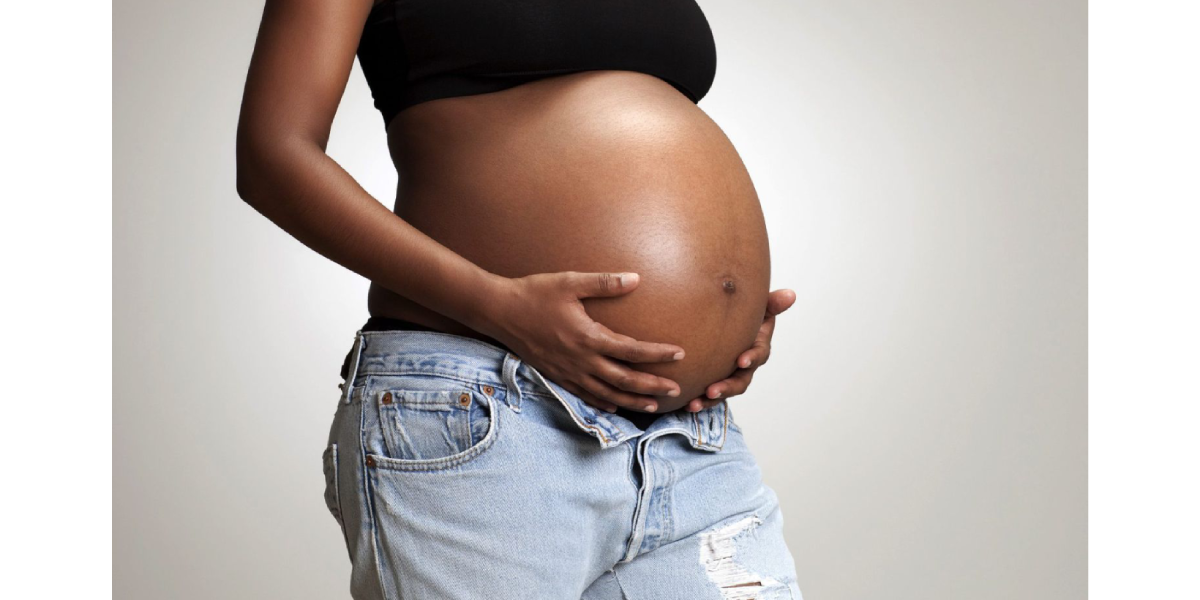The Solomon Islands has been ranked 59th out of over 160 countries in the latest Global Teenage Pregnancy Index, raising concerns over the continuing trend of early pregnancies among adolescent girls in the country.
According to the latest global report, the teenage pregnancy rate in Solomon Islands stands at 77.9 births per 1,000 girls aged 15–19.
This places the country ahead of regional neighbors such as Papua New Guinea (67.8) and Fiji (31.1), but behind Vanuatu, which was ranked 63rd with no updated national data reported.
Countries topping the list with the highest teenage pregnancy rates include Mozambique (180.1), Central African Republic (184.4), and Mali (163.6).
By contrast, developed countries such as Japan, the Netherlands, and Sweden reported some of the lowest rates globally, with fewer than 3 births per 1,000 teenage girls.
Whilst in the Solomon Islands, the adolescent birth rate, specifically for women aged 15-19, is high, with a rate of 78 births per 1,000 women.
This rate has decreased since 2010, but remains higher than the average for its income group, according to the World Bank Gender Data Portal.
The high rate is also reflected in the fact that 50 out of every 1,000 girls aged 15-19 gave birth in 2023, according to the World Bank.
Sources indicate that more than 13 million children are born to women below 20 years of age. And more than 90% (approximately 12 million births) of such births occur in developing countries, with African countries taking the top ranks.
Health officials and educators in the Solomon Islands says the ranking is a clear indicator of the urgent need for comprehensive sexual health education, greater youth outreach, and accessible reproductive health services, particularly in rural and remote areas.
Speaking to Solomon Star, a health officer from the Western Province said, teenage pregnancy contributes to school dropouts, health complications, and long-term socio-economic challenges for young girls.
“We need stronger interventions at both school and community levels,” the Health Officer said.
“This includes do away with cultural barriers especially when talking about sex is often considered taboo in Solomon Islands which can be a barrier to accessing information and services related to sexual and reproductive health,” the Health Officer added.
The Ministry of Health and Medical Services, in partnership with the Ministry of Education and Human Resources Development (MEHRD), has begun scaling up awareness programs in secondary schools, with added emphasis on life skills education, counselling services, and youth empowerment initiatives.
The report recommends increased investment in adolescent health, community support programs, and national strategies that ensure young girls stay in school and have the knowledge and resources to make informed choices about their futures.
By ULUTAH GINA
Solomon Star, Gizo









